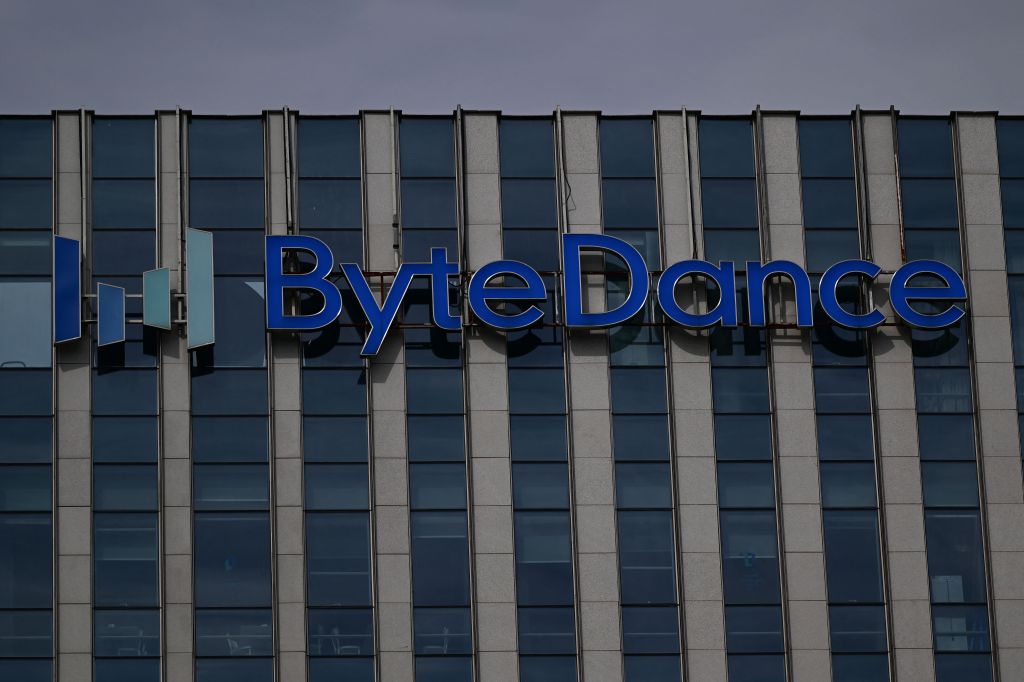TikTok’s parent company ByteDance announced today that it’s launching a new, free-to-use music production app in closed beta in the United States. The app, called Ripple, is currently available on an invite-only basis to a small group of testers. Ripple is designed to help musicians and creators create and edit audio in a way that’s similar to portable smart digital audio workstations (DAWs), ByteDance says.
With Ripple, users can directly sing or hum a melody into the app, after which it will use machine learning to expand the melody and turn it into an instrumental song. The app’s model was trained on music that is licensed to or owned by ByteDance. The length of the song outputted will match the length of the song inputted. The company notes that Ripple currently has the ability to create instrumental music outputs only. ByteDance did not comment on whether it plans to expand this capability to include lyrics.
Ripple features what ByteDance calls a “virtual recording studio” that lets users record, cut, trim and edit audio files with ease on their mobile device. ByteDance told TechCrunch that it plans to add more mobile-friendly tools to help creators with their audio editing efficiency in the future.
“Ripple is designed to inspire musical creativity and help musicians, artists and composers express themselves,” ByteDance said in a statement. “We’re excited to see how creators use Ripple to tap into into their creativity to soundtrack their own short form videos.”

Although Ripple doesn’t have a direct integration with TikTok, ByteDance sees creators using the app to create background audio for their short-form videos. A spokesperson for the company told TechCrunch that it’s simple to create music in Ripple and use it to soundtrack a TikTok video, noting that all a user would have to do is create a track on Ripple and then click to share it to TikTok.
The company said it invited musicians and music enthusiasts to test Ripple at this early stage. ByteDance invites those who wish to beta test Ripple to visit Ripple.club where they can download Ripple for iOS and request an invitation code. ByteDance did not share how long it plans to run the closed beta phase before expanding Ripple’s availability. The company did, however, say that there are no plans to launch Ripple in other countries at this stage.
The launch of the new app doesn’t exactly come as a surprise, given that Music Business Worldwide reported last year that ByteDance was developing a music creation and audio editing app for launch in the U.S.
It’s worth noting that Ripple is somewhat similar to another ByteDance app called Mawf. The sound-editing tool for artists and creators launched in beta in Europe and the U.K. last year. ByteDance confirmed that Mawf and Ripple are two separate, standalone apps. Mawf uses machine learning to turn any audio signal into sounding like a musical instrument.
Today’s launch comes as ByteDance has been pushing deeper into the music business in the U.S. Last year, ByteDance filed a trademark application with the U.S. Patent and Trademark Office in May for a service called “TikTok Music.” The filing indicated that the trademark could be applied to a mobile app that would allow users to purchase, play, share and download music. Also last year, TikTok launched its own music marketing and distribution platform, SoundOn, to help more artists get their music heard.































Comment